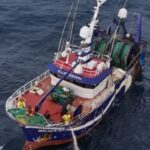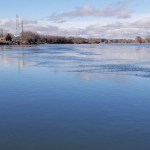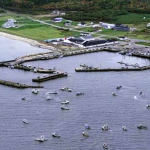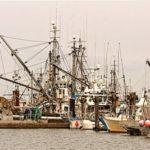Tag Archives: International Seabed Authority
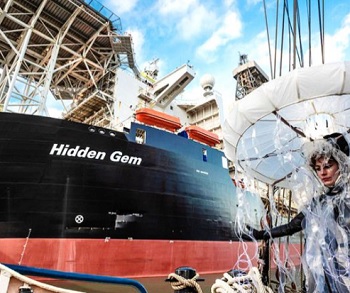
Privatizing the sea: How private corps stole the sea from the commons
Since 1945, when the US unilaterally asserted ownership of the continental shelf and parts of the high seas around its shores, much of the ‘blue commons’ has been converted into private property. In 1982, UNCLOS (United Nations Convention on the Law of the Sea) endorsed the biggest enclosure in history, granting countries exclusive economic zones (EEZs) that extended 200 nautical miles from their coastlines. This set in train procedures and institutional mechanisms that have expanded privatisation and financialisation to all parts of the marine economy. It also cemented neocolonialism, granting ex-imperial countries such as the US, France and the UK millions of square miles around lands far from their shores — their so-called ‘overseas territories’. >click to read< 09:18
Share this post
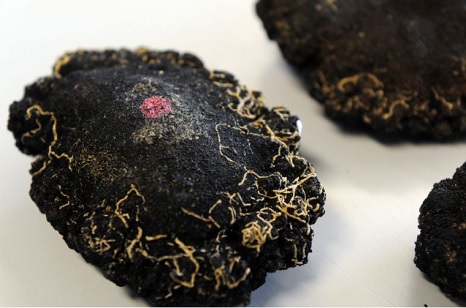
To fight climate change, should we mine the deep sea?
Ancient rocks lie across vast fields miles below the surface of the Pacific Ocean. Far from people, but not entirely out of reach, they contain metals such as cobalt, used in batteries for technology like electric cars. They are numerous, about the size of meatballs or potatoes, and formed over millions of years. These stones may hold a key to fighting climate change, according to a contingent of entrepreneurs who want to mine them. To wean the world off fossil fuels that worsen global warming, scientists say, will require a lot of batteries. Opponents argue that rushing into deep-sea mining risks destroying a pristine wilderness,,, Skeptics of the industry believe it is better to focus on improving mining conditions on land. >click to read< 17:25
Share this post
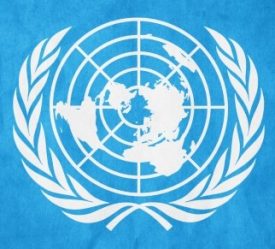
UNCLOS – Bay du Nord oil could become 1st in world to see payments flow to UN’s International Seabed Authority
A deepwater oil project 500 kilometres from St. John’s could generate a rich stream of revenue for Newfoundland and Labrador and tax benefits for Ottawa — but it also could eventually see funds flow all the way to the United Nations. And that raises the question of who ultimately would foot the bill for those payments to the UN. The $6.8-billion Bay du Nord project, announced Thursday by the Newfoundland and Labrador government and the Norwegian oil company Equinor, is poised to become the first oil field to fall under the United Nations Convention on the Law of the Sea. Canada signed on to UNCLOS in 2003. >click to read<11:56


































